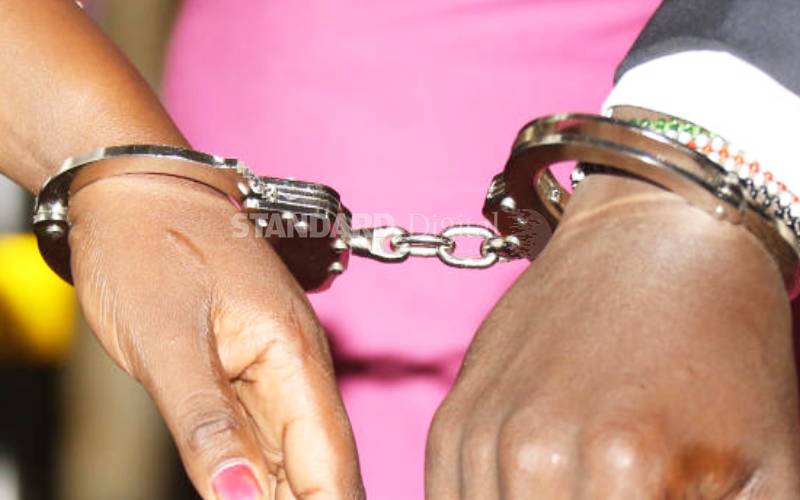×
The Standard e-Paper
Stay Informed, Even Offline

A country is known by who it considers its heroes. Columbia had Pablo Escobar. Escobar spent millions of dollars convincing the people that he was a 1970’s Robin Hood- robbing the wealthy to feed the poor.